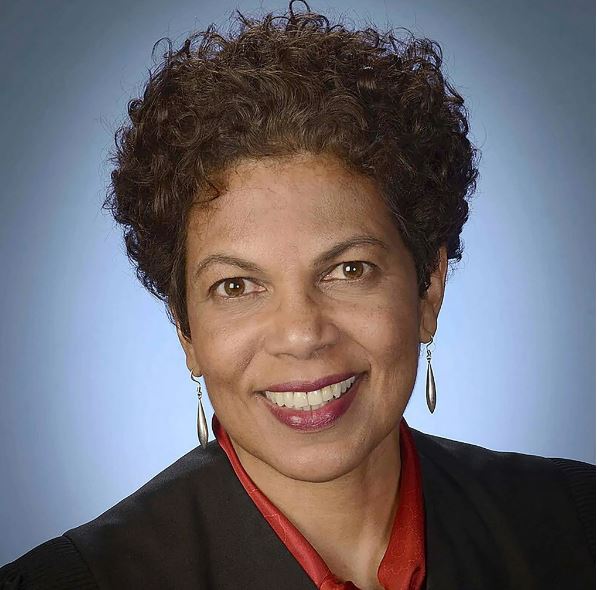Former President Donald J. Trump failed in his bid to have the judge who is presiding over his trial for trying to overturn the 2020 election removed from the court on Wednesday on the grounds that she is biassed against him.
Judge Chutkan not only rebuked Mr. Trump’s attorneys for putting words in her mouth, but she also argued that the comments did not reveal any animus or bias against Mr. Trump that would merit the extreme step of removing her from the election meddling case.
Seeking disqualification of a judge is a difficult and risky action, with the potential for irritating the person who has been given the authority to make crucial judgements in the case if it fails (as it often does). Two weeks ago, after suffering a major loss when Judge Chutkan scheduled the trial for March, far earlier than they had anticipated and before filing any substantial arguments to oppose the accusations against Mr. Trump, his attorneys submitted a recusal motion.
In principle, Mr. Trump’s attorneys could file an instant appeal against the judge’s decision to remain on the case. With the government’s motion to put a gag order on Mr. Trump’s public utterances about the case pending, Judge Chutkan’s decision not to recuse herself is timely.
Mr. Trump’s attorneys asked for Judge Chutkan to recuse herself because of comments she made about the former president at sentencing hearings for two defendants on January 6.
Judge Chutkan also commented on who had and had not been charged in the Mr. Palmer case, but “expressly declined to state who, if anyone,” she added.
Recusal may be necessary, as Judge Chutkan acknowledged, if a judge is biassed or even only seems to be biassed. The effort to disqualify a judge, she warned, might be “wrongfully deployed as a form of ‘judge shopping'” or “a procedural weapon to harass opponents and delay proceedings.”

